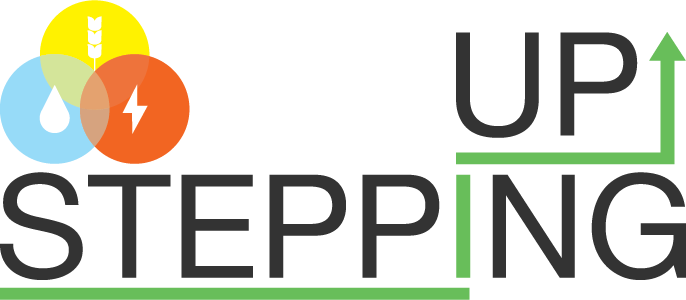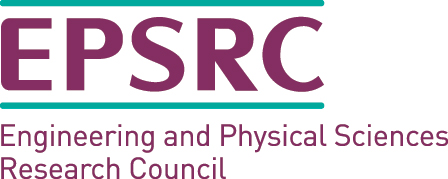You are here
AD Across the Scales – How can we Make the Most of the Available Resources?

An essential part of the Stepping Up Project is engaging with stakeholders to better inform the research. On 28th March Stepping Up researchers Iain Soutar and James Suckling were invited to run a workshop as part of the ADBA (Anaerobic Digestion and Bioresources Association) Research and Innovation Forum in London. This annual knowledge exchange event brings together actors from across the AD sector to explore present day challenges facing AD in the UK. Attendees included plant operators, academics, funding bodies (such as the BBSRC), policy makers and the National Grid, to name a few.
Wide-ranging discussions throughout the day covered aspects such as the energy system, process optimisation, integration of AD into agricultural and energy systems, future research agendas or alternative feedstocks. Through this sharing of experience from a multitude of perspectives, it is hoped that the industry can accelerate its growth and development.
The Stepping Up workshop was called “AD Across the Scales – How can we Make the Most of the Available Resources?” and took the format of a guided, interactive discussion exploring the future of AD and it’s place within the UK. Given the breadth of the attendees, it was decided to allow them to have a free voice around two questions:
- Where do they see the AD industry in 2050?
- How did it get there?
A 2050 timeline enables participants to express opinions, both positive and negative, in a hypothetical future long-term enough to allow them to consider significant change, but remaining short-term enough to not be unimaginable. It also allows discussion of a time when most of the existing infrastructure will no longer be operating.
The questions generated lively discussion, with varied feedback reflecting the breadth of expertise in the room. Several important themes arose covering multiple aspects of AD:
- Need for knowledge exchange, not only within the industry, but also with the public. By engaging with the public more effectively, the benefits of AD may be communicated more clearly to address possible public concerns. This followed a sentiment that AD was sometimes viewed in a negative light and the positive aspects not given as much exposure.
- Necessity for better consistency of policy. This was split into: 1) better continuity over time to allow for confidence for future investment and 2) better coordination across the multitude of benefits that AD offers (e.g. waste disposal, integrated agriculture or energy generation).
- Need to reduce costs. At present AD plants are often bespoke, which drives up the need for expertise and associated costs. Reducing this was key to growing the sector. In parallel better ways of monetising the value it produces are needed (a key example being digestate) and new monetary incentives for things other than energy generation.
- Implementing new technology. This last also relates to reduction in costs. By updating and refining the systems within and around an AD plant, more value can be extracted from the feedstocks and maximising their effectiveness as a renewable resource. These new technologies may need to be of a simple plug and play retrofit form; after all not all operators are AD experts and need as much assistance as possible applying potential upgrades.
AD is a complex industry with much to offer, but has an uncertain future at present. This workshop provided invaluable dialogue between actors with a wealth of real-world experience to imagine what the 2050 landscape might look like for AD. A workshop report will be available soon. Better still, Stepping Up has the opportunity to re-run the workshop with early career researchers working in the field of AD, which will provide an interesting further perspective.
©Steppingup 2024

